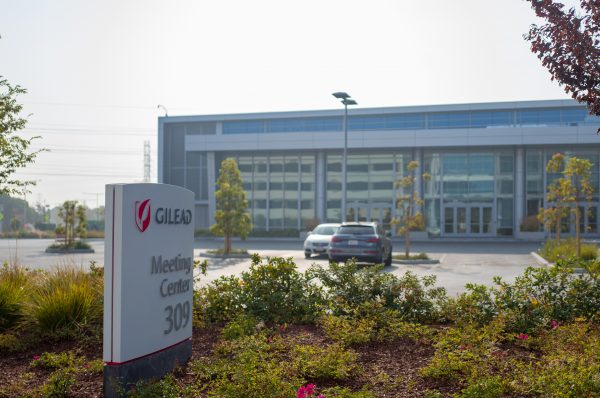
Following its recent presentation of positive data from a Phase II study, Gilead Sciences’ cell therapy subsidiary is seeking approval for its second CAR-T cell product.
The Foster City, California-based company said Wednesday that Kite Pharma had submitted a regulatory approval application to the Food and Drug Administration for KTE-X19 for mantle cell lymphoma, a rare and slow-growing form of non-Hodgkin’s lymphoma. The company already markets the CAR-T Yescarta (axicabtagene ciloleucel) for diffuse large B-cell lymphoma, faster-growing subtype of NHL, which it acquired when it bought original developer Kite in 2017.
KTE-X19 is one of multiple CAR-T therapies that are now going before the FDA, with the agency likely to decide on them within the next year. Bristol-Myers Squibb is planning to seek approval for two CAR-Ts – lisocabtagene maraleucel in DLBCL and idecabtagene vicleucel in multiple myeloma, the latter of which it is developing with bluebird bio – following the announcement of positive data in clinical trials for both.
“There remains a significant need for new treatments for patients with relapsed/refractory MCL despite recent advances, so this regulatory filing is an especially important milestone for the MCL community,” said Ken Takeshita, global head of clinical development for Kite Pharma, in a statement.
A recent drug approved for MCL was a small molecule, BeiGene’s Brukinsa (zanubrutinib), which works by targeting a protein called BTK. The FDA approved the drug last month.
Kite plans to seek approval for the therapy in the European Union in early 2020. Like Yescarta, KTE-X19 targets the protein CD19, which is widely expressed on the surfaces of cells in certain blood cancers. However, it uses a different manufacturing process. The therapy is also in development for acute lymphoblastic leukemia and chronic lymphocytic leukemia. Novartis’ Kymriah (tisagenlecleucel) is Yescarta’s most direct competitor, being approved for DLBCL and ALL.
The regulatory submission was based on data from the Phase II ZUMA-2 study, presented at the American Society of Hematology’s annual meeting, which concluded Tuesday. The data showed that among 60 patients evaluable for efficacy, 93% responded to the CAR-T, including 67% who achieved a complete response. Among the responding patients, 57% remained in response after a median 12.3 months of follow-up, with rates of progression-free survival and overall survival at 12 months of 61% and 83%, respectively.
Cytokine release syndrome and neurological toxicity – two side effects frequently associated with CAR-T therapies – occurred in 91% and 63% of patients, respectively. CRS and neurological toxicity deemed severe or worse occurred in 15% and 31%, but there were no fatal events.
Photo: Tomsmith585, Getty Images










